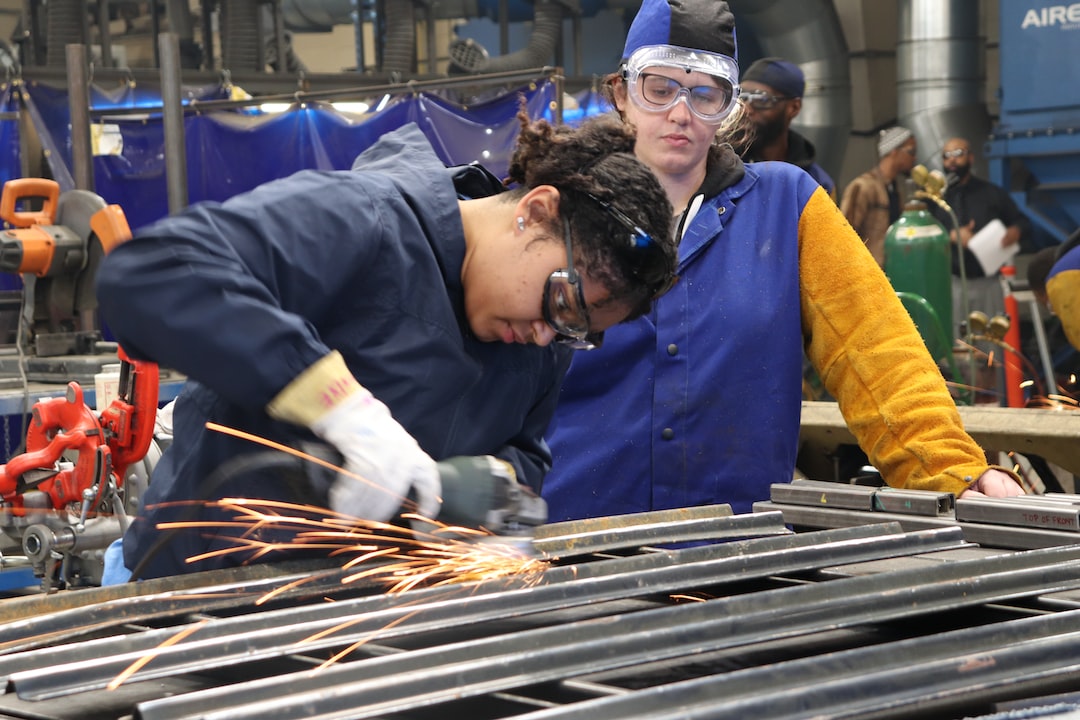The Role of Sustainability and Corporate Social Responsibility in Manufacturing
In today’s world, sustainability and corporate social responsibility (CSR) have become essential aspects of any manufacturing business. As companies strive to operate in an environmentally conscious and socially responsible manner, they recognize the need to align their operations with sustainable practices. This blog post will delve into the significance of sustainability and CSR in the manufacturing industry, and how they contribute to a better future for both the companies and the wider community.
Sustainability is about meeting the needs of the present without compromising the ability of future generations to meet their own needs. In manufacturing, sustainability encompasses various aspects such as resource efficiency, waste reduction, and the use of renewable energy sources. By implementing sustainable practices, companies can minimize their negative impact on the environment. For instance, manufacturers can invest in energy-efficient machinery or switch to renewable energy sources like solar power. Such practices not only benefit the environment but also result in cost savings for businesses in the long run.
Another critical element in the manufacturing industry is CSR. Corporate Social Responsibility refers to a company’s commitment to operating ethically and contributing positively to society. In manufacturing, CSR involves promoting fair labor practices, ensuring workplace safety, and supporting local communities. For instance, manufacturers can ensure safe working conditions for their employees by adhering to proper safety protocols and regulations. Additionally, they can engage in social initiatives such as donating to local schools or supporting charitable causes. These efforts help build trust and goodwill among stakeholders, including employees, customers, and the broader community.
The benefits of incorporating sustainability and CSR into manufacturing practices go beyond just improving a company’s reputation. Such initiatives can also drive innovation and foster long-term business growth. By being sustainable, companies can reduce their dependence on non-renewable resources and develop new technologies or processes that contribute to more efficient and eco-friendly operations. Furthermore, CSR practices often attract socially conscious consumers who are more likely to support companies that align with their values. This can open new markets and lead to increased customer loyalty and brand recognition.
Moreover, sustainability and CSR can be advantageous from a regulatory perspective. Governments around the world are increasingly implementing regulations to enforce sustainable practices and corporate social responsibility. By voluntarily adopting these practices, manufacturers can stay ahead of regulatory requirements, minimize legal risks, and ensure compliance with environmental standards and labor laws. This proactive approach also helps businesses avoid reputational damage that may arise from non-compliance incidents.
Collaboration between manufacturers, suppliers, and other stakeholders is vital for the successful implementation of sustainability and CSR initiatives. Many manufacturers have started engaging with their supply chain partners to promote responsible sourcing and ethical manufacturing practices. By establishing clear guidelines and expectations, companies can ensure that their suppliers adhere to sustainable and ethical standards.
In conclusion, sustainability and corporate social responsibility play a crucial role in the manufacturing industry. They not only contribute to a greener and more ethical business environment but also yield numerous benefits for companies themselves. By adopting sustainable practices, manufacturers can reduce their environmental impact, lower costs, and promote innovation. Implementing CSR initiatives helps build trust, enhance reputation, and attract socially conscious consumers. Hence, it is evident that sustainability and CSR are integral elements of the modern manufacturing landscape, and companies that embrace these practices are well-positioned for long-term success.

